
Migrate Git to Unity Version Control

Why Git users switch to Unity Version Control
Open source, free, and flexible, Git is a popular version control solution (VCS), but it can be daunting for the less technically savvy. When artists run into issues, they need programmers to fix them: It doesn’t integrate with their tools, and buckles under the weight of large binary files common in gamedev.
How Git users benefit from Unity Version Control

Speed with large repos and binary files
Unity Version Control won’t break, even with repos in excess of 5 TB, and it handles updates and check-ins faster than other solutions.
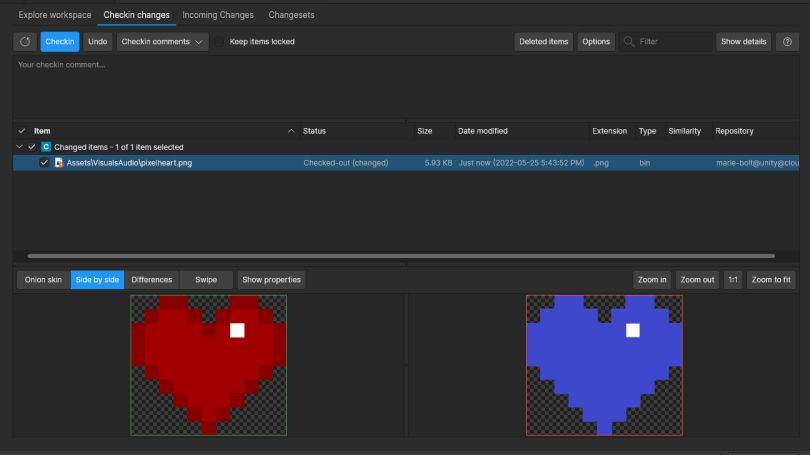
Better collaboration with artists
Artists can use Unity Version Control independently via Gluon, an easy-to-use workflow with file locking. Coders maintain their standard workflow with full branching and merging.
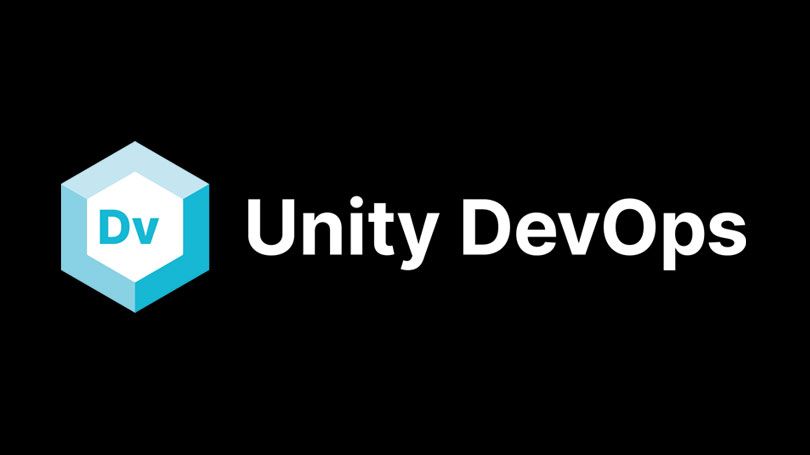
Work centralized or distributed
Choosing a VCS often means deciding whether to work centralized or distributed. Unity Version Control has both: Get the speed and power of Git-style workflows with Perforce-like scalability.
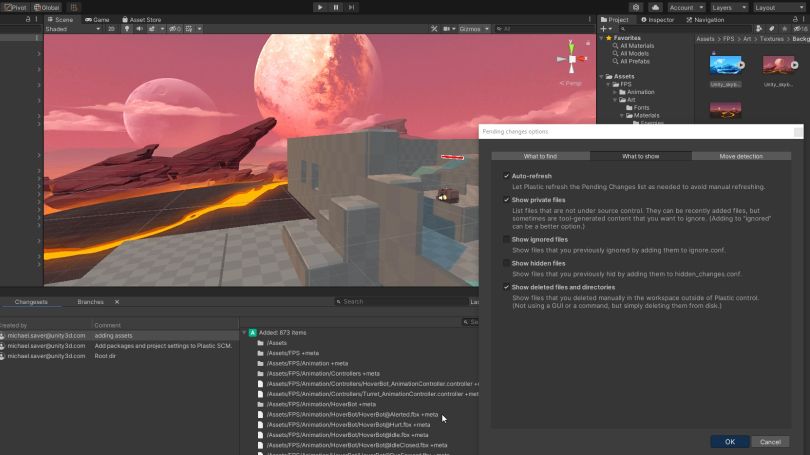
Simplify maintenance with greater flexibility
Unity Version Control supports multiple workflows and large files out of the box, so you don’t need to maintain redundant systems or add-ons. Keep your toolchain lean and highly performant.
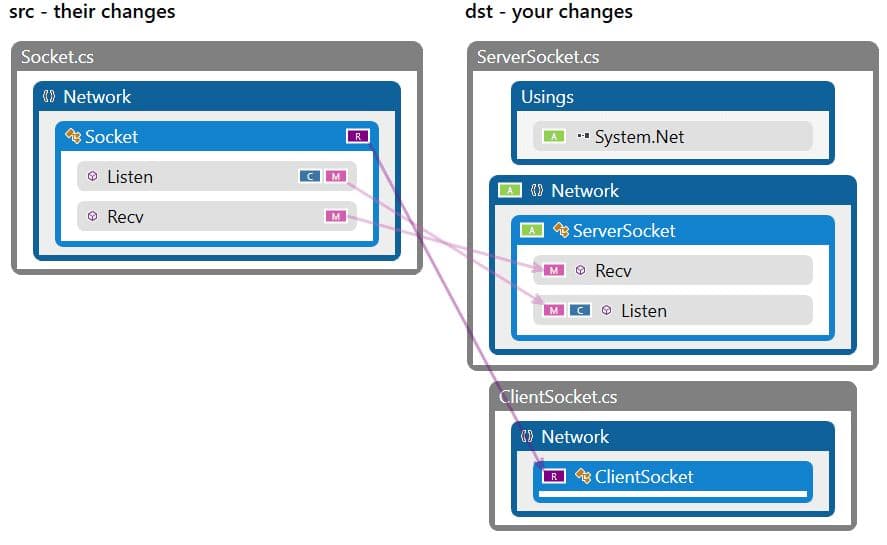
Save time and minimize task-switching
Unity’s code-aware merge tech, SemanticMerge, tracks moved code to help you focus only on the relevant changes. By analyzing syntax, it automates 16–30% of code merges normally requiring a manual merge, drastically reducing merge conflicts that will distract from your workflow.
Unity Version Control will analyze a refactor and assess whether parts of the code, such as a method, have been moved, even across multiple files. This allows you to focus your review on only the most substantial changes. It supports C#, Java, VB.NET, and more.
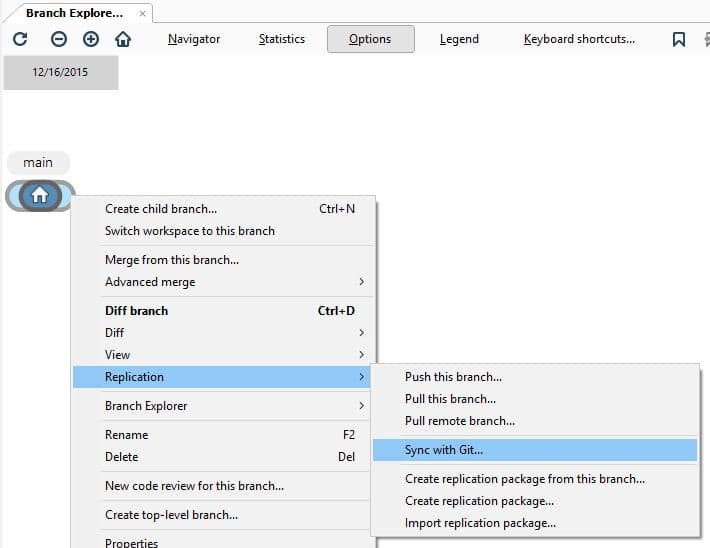
Use Unity Version Control as a Git client
Unity Version Control’s GitSync provides bidirectional synchronization between Version Control and Git. Unity Version Control communicates with Git network protocols to push and pull packages and merges to a remote Git server (and the reverse). This allows you to use the Version Control GUI as a Git client: Because Unity Version Control is structured somewhat similarly to Git, you can exchange all changesets, branches, and merges between them.

Fast import and export
Unity Version Control implements fast-import and fast-export commands, all of which are totally compatible with their Git counterparts. These commands are used to import your project from Git to Unity Version Control, and as a way to safely move away from Version Control if you ever need to. For regular daily operations, GitSync is an easier choice.
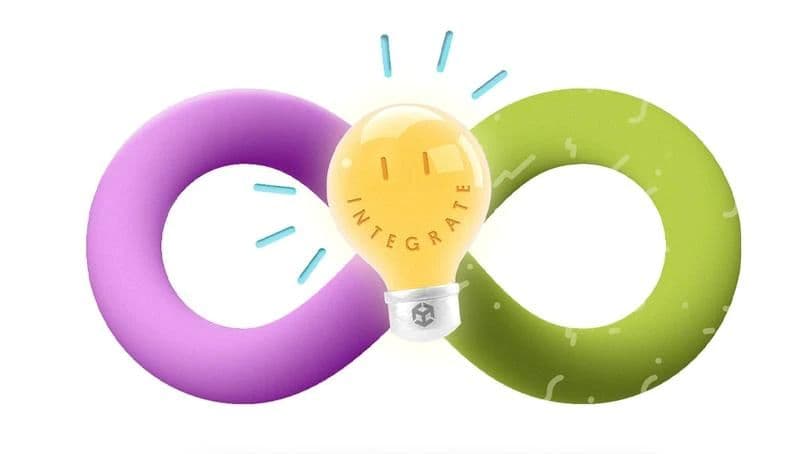
Utilize the Git ecosystem
Any tool in Git’s ecosystem can connect to Unity Version Control instantly using their native Git functionalities. Teams using Version Control can then benefit from all the DevOps, CI, and project management integrations developed specifically for Git.
GitServer is GitSync’s server-side counterpart. It closes the Git interoperability loop by allowing Unity Version Control to serve repositories using Git protocols (Git and HTTP supported).
Games making it happen

Goodbye Volcano High
How does a worker-owned cooperative studio get both artists and engineers aligned on a production process? Read how KO_OP powered collaboration with Plastic SCM (now Unity Version Control).

Return to Nangrim
Read how Sycoforge leveraged Unity tools to manage the growing scope of their project and integrate player feedback for rapid, iterative game development.

Subnautica
Find out why Unknown Worlds chose Unity and Plastic SCM (now Unity Version Control) to help bring Subnautica to life.

Want to get up and running quickly? These instructions can help you set up Unity Version Control for your project in just a few minutes.